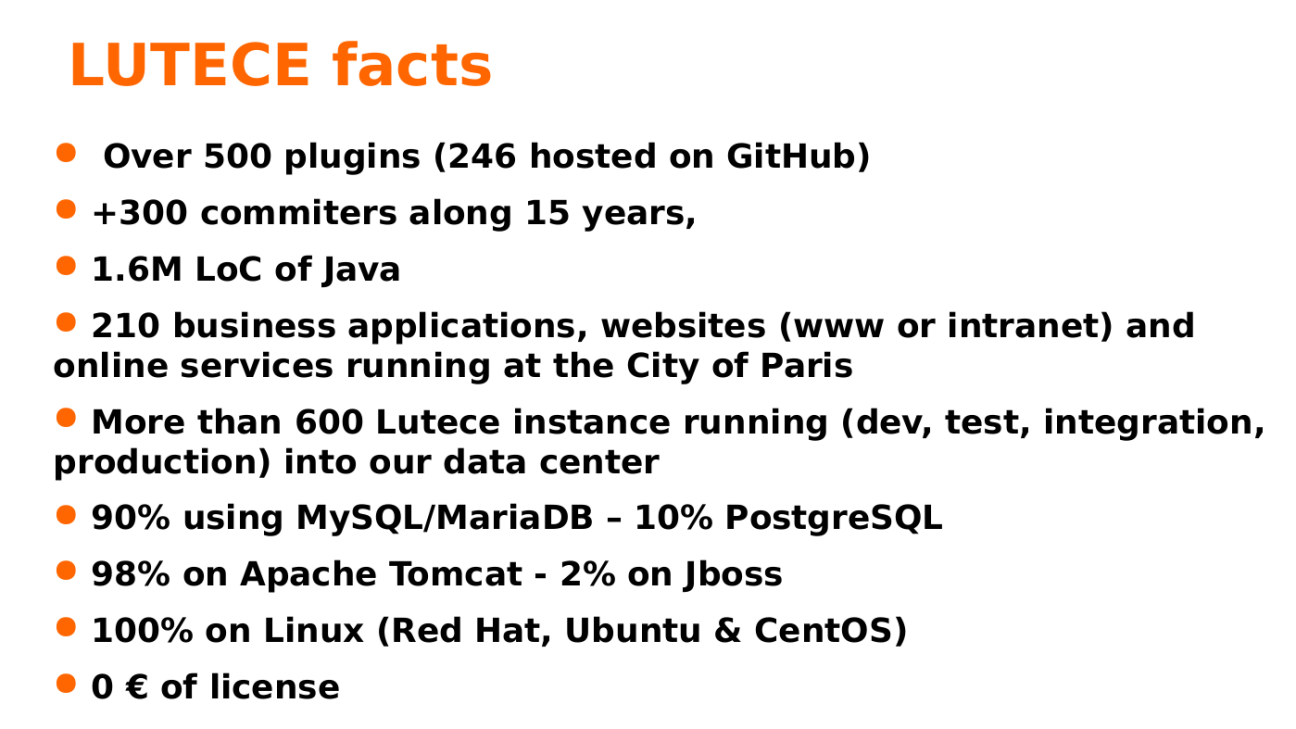The city of Paris advocates the use of free and open source software by public services. This does not necessarily lower costs, the French authorities say, but it allows the capital’s public services to stay in control and make ICT fit their needs.
“Open source is more sustainable than a vendor that changes its strategy and raises its prices,” said Pierre Levy, a software engineer working for the city. “Open source gives you freedom of choice, and that is worth the price.”
Open source empowers public services to share and reuse their ICT solutions, Mr Levy says: “All cities have the same needs, and for these services public money should be paid just once.” It also makes procurement easier, by letting public services make selections to suit their own needs and allowing existing, proven software solutions to be added fast.Mr Levy has been involved in the development of Lutece, the city’s‘citizen relationship management system’. The software engineer presented Lutece at the Paris Open Source Summit, on 6 December.

Up to date documentation
Available as open source since its inception in 2002, Lutece is a Java-based solution that has grown into an enterprise-grade integration system for managing business applications. By combining generic plugins, Lutece can be configured to deliver complex services, Levy said.
Paris uses Lutece to allow citizens discuss the city’s budget plans. Another plugin simplifies the process of organising public consultations. The system is the main online platform for communication with citizens and for managing the city’s many websites. Lutece also drives the online services that Parisians use to report problems such as potholes, broken streetlights and graffiti.
A popular use-case is the system for booking appointments, for example for filing car parking permits. Lutece also makes it easy for citizens to manage their city taxes online - including getting estimates of, for example, annual taxes and road fees.
Lutece is now used by and co-developed with many other public services, including the city of Marseille, the city of Lyon and the French weather forecasting service. Mr Levy is sure that the software is ready for reuse in other countries: “The code is internationalised, and early next year we’ll be publishing updated English documentation.”

